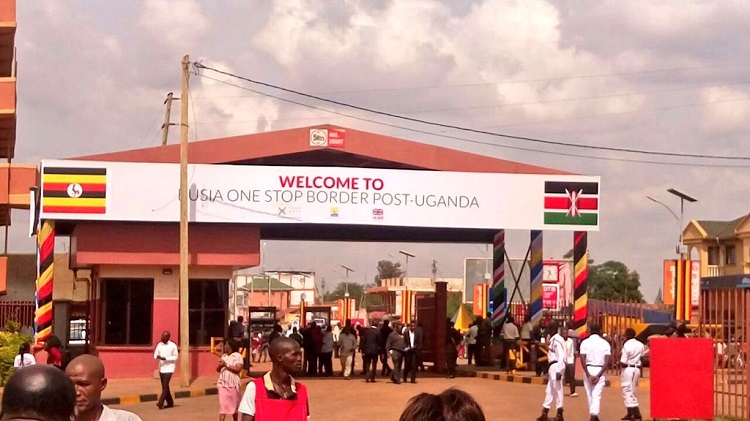Kenya has operationalized seven new border posts to enhance international trade and security, Commissioner for Customs and Border Control at the Kenya Revenue Authority (KRA), Lilian Nyawanda, announced during International Customs Day (ICD) 2025 celebrations in Nairobi.
Located along the borders with Uganda, Tanzania, and Ethiopia, these new points of entry and exit are equipped with advanced technology designed to significantly reduce cargo clearance times and increase trade volumes. The specific locations are:
- Kenya-Uganda Border: Konyao and Lomokori/Lokiriama
- Kenya-Tanzania Border: Olposimoru
- Kenya-Ethiopia Border: Illeret/Banya Fort, Todonyang, Suftu, and Rhamu
Nyawanda emphasized that the new posts will streamline the movement of goods while strengthening border security against organized crime, smuggling, commercial fraud, terrorism, and hazardous goods.
“The new border posts will deploy advanced technology to enhance regional trade facilitation to significantly reduce cargo clearance times and increase trade volumes,” Nyawanda said during International Customs Day 2025 celebrations in Nairobi.
The ICD 2025 event, themed “Customs Delivering on its Commitment to Efficiency, Security and Prosperity,” also marked KRA’s 30th anniversary. The event showcased KRA’s activities in border control, marine enforcement, and trade facilitation.
KRA Commissioner General Humphrey Wattanga reported a 4.9% increase in customs revenue (KShs 791.368 billion) in FY 2023/2024, contributing to an 11.1% overall revenue growth (KShs 2.407 trillion).
Commissioner Nyawanda noted that the current financial year (2024/2025) has already seen KSh 429 billion in customs revenue, a 4.8% increase compared to the same period last year, and a 50% reduction in clearance times.
One-Stop Border Posts in the EAC
One-Stop Border Posts (OSBPs) represent a new approach to immigration control and border management within the East African Community (EAC) region. The primary objectives of OSBPs are to:
- Facilitate trade
- Promote the efficient movement of people and goods
- Reduce the cost of doing business in the region
- Streamline and expedite the movement of people and services within the EAC and neighbouring countries.




